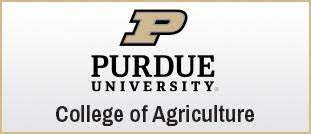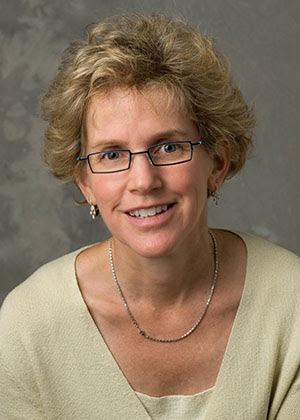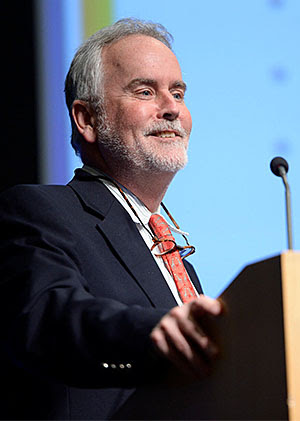
WEST LAFAYETTE – Sylvie Brouder, professor of agronomy, and Dominique van der Mensbrugghe, director of the Center for Global Trade Analysis (GTAP) and agricultural economics research professor, were recently appointed to the Environmental Protection Agency’s Science Advisory Board (SAB). This is Brouder’s second appointment to the SAB.

The board is composed of scientists, researchers, and academics from across the country who evaluate EPA research and programs, assess technical information and approaches used by the EPA, and advise on other issues of scientific relevance.

Brouder and van der Mensbrugghe join 46 other appointees to make the most diverse board since the SAB’s inception in 1978.
“It’s great to have a board with a diversity of backgrounds and perspectives,” Brouder said. “That is going to be especially important as we tackle difficult issues like climate change, an issue that will impact and does impact so many different communities.”
Both Brouder and van der Mensbrugghe think climate change will be a central topic of discussion during their time on the board.
“We haven’t seen the agenda yet, but I think it’s safe to say climate change will be one of the preeminent challenges the board and the EPA will face over the coming years,” van der Mensbrugghe said. “And it is a topic that should dominate. Climate change impacts nearly every area of the environment and our society either directly or indirectly.”
Van der Mensbrugghe is well-positioned to discuss both the environmental and economic impacts of climate change. He has worked at the intersection of economic growth, energy emissions, and the environment for several decades and will bring his expertise from this research and his role as director of GTAP to the board.
Brouder’s research centers on agroecological aspects of crop production, specifically issues of nutrient losses from the soil and nutrient runoff from agricultural land as a major source of water pollution. With her scientific background and decades of collaborative work with Hoosier farmers, Brouder is able to represent the agricultural as well as scientific perspective on nutrient loss.
Sources: Sylvie Brouder, sbrouder@purdue.edu and Dominique van der Mensbrugghe, vandermd@purdue.edu
Information Emma Ea Ambrose eeambros@purdue.edu
Agricultural Communications: 765-494-8415; Maureen Manier, Department Head, mmanier@purdue.edu, Agriculture News Page



